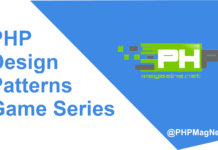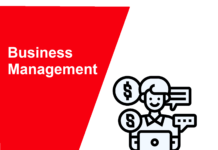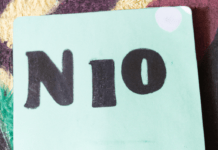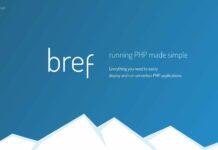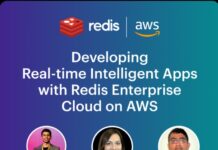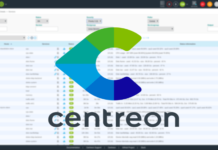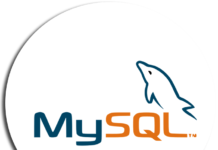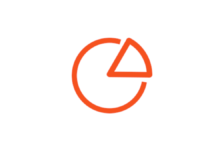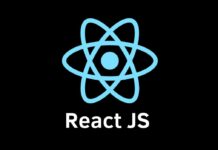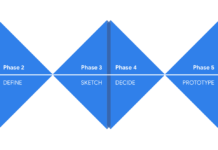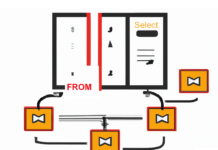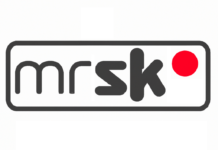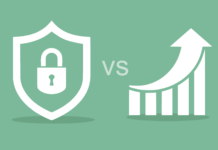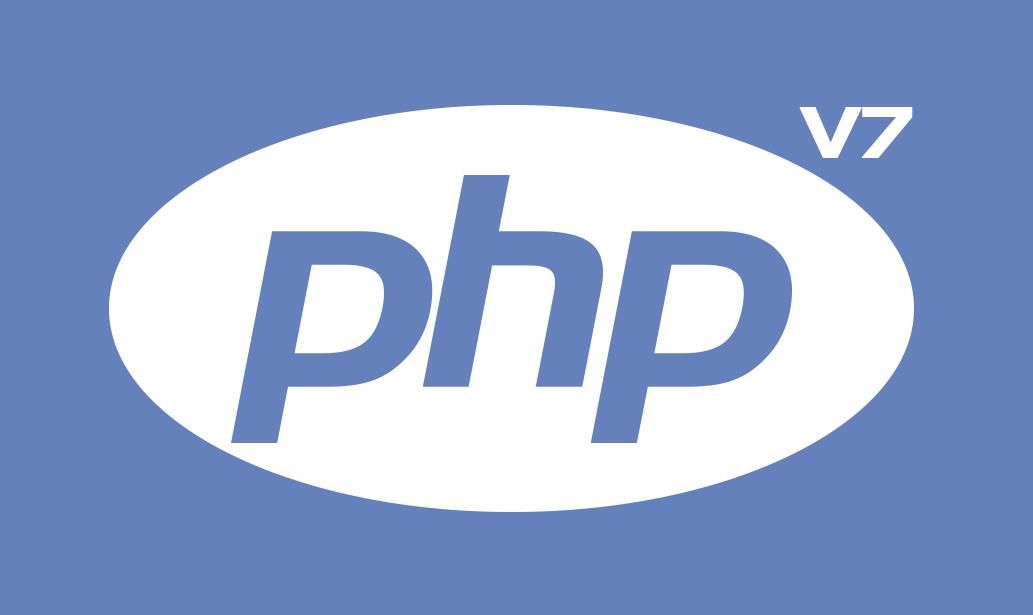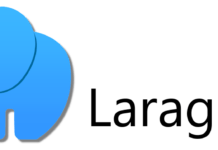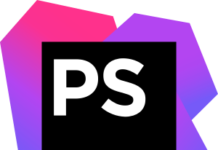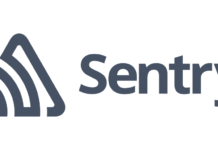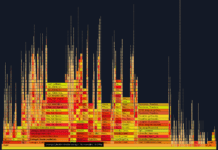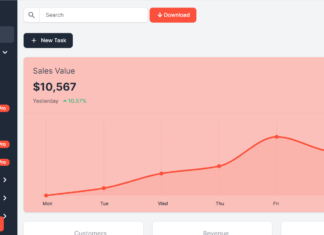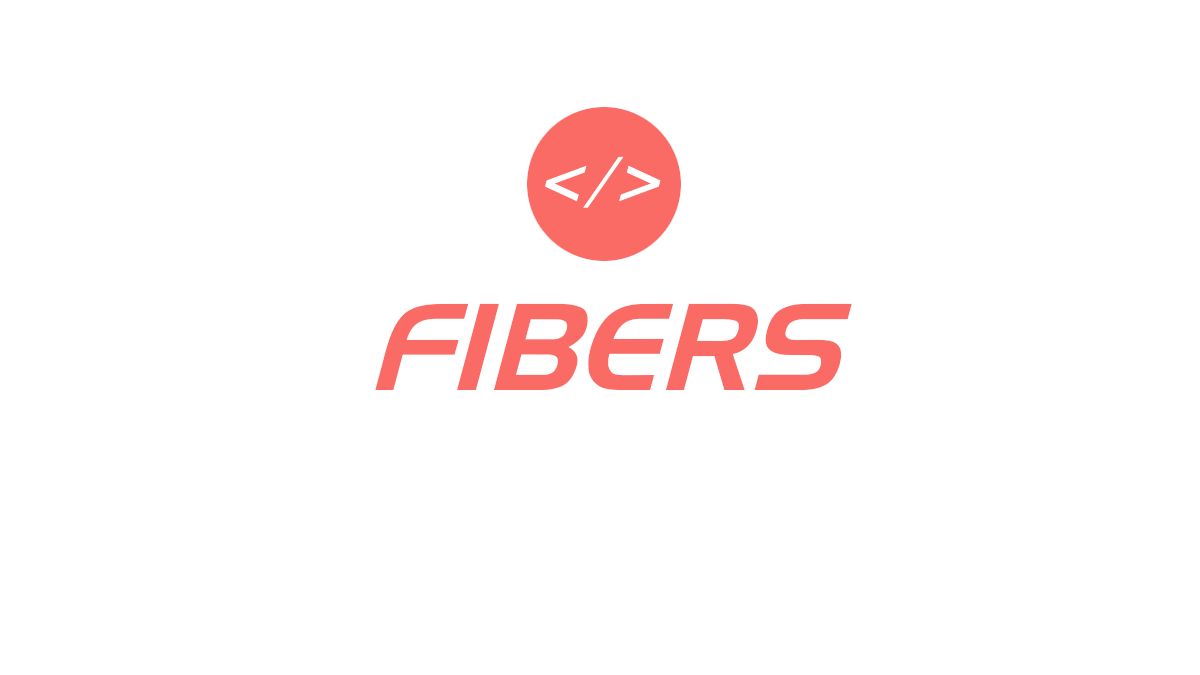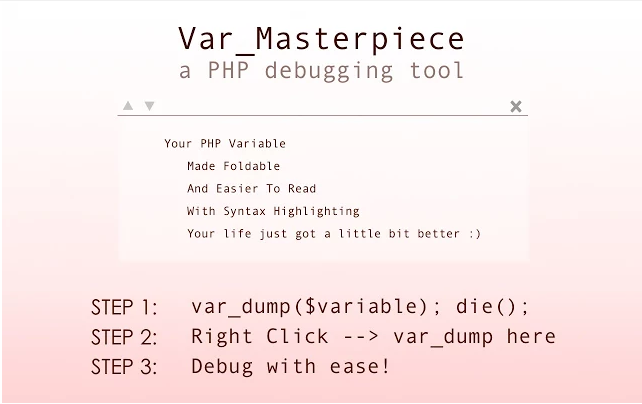If you were asking about the way to get an environment with PHP7 up and running, Rasmus shared a preconfigured Debian 7.8 image for testing PHP apps and developing extensions across all versions of PHP since 5.3, plus an easily buildable PHP7 php-src tree. The image can be installed on any Mac/Win/Linux system.
For those who asked how to get started testing PHP7. I have packaged up my dev environment in a Vagrant box: https://t.co/EOhyi17fPI
— Rasmus Lerdorf (@rasmus) January 28, 2015
You can find Rasmus image PHP7Dev on github, installation require Oracle VirtualBox and Vagrant (at least version 1.5 required) installed then for Linux/Unix users make sure you have an ssh RSA key installed, otherwise you can do it using :
$ mkdir ~/.ssh $ chmod 700 ~/.ssh $ ssh-keygen -t rsa
Without this ssh key you might get error like this :
$ vagrant up /home/user/php7dev/scripts/php7dev.rb:39:in `read': No such file or directory - /home/user/.ssh/id_rsa.pub (Errno::ENOENT)
Then make sure that hardware virtualization is supported by your CPU (VT-x for Intel, AMD-V for AMD processors), you can do this from your terminal :
$ grep --color vmx /proc/cpuinfo ## for an Intel processor $ grep --color svm /proc/cpuinfo ## for an AMD processor
If virtualization is supported, vmx/svm will be colored in red in results, in this case this should be enabled from your BIOS to be able to use it.

Then get the PHP7Dev image :
$ git clone https://github.com/rlerdorf/php7dev.git $ cd php7dev $ vagrant up $ vagrant ssh
Edit your /etc/hosts to add this line :
192.168.7.7 php7dev
Finally you can point your browser to http://php7dev/ to see the PHP7 phpinfo() running.
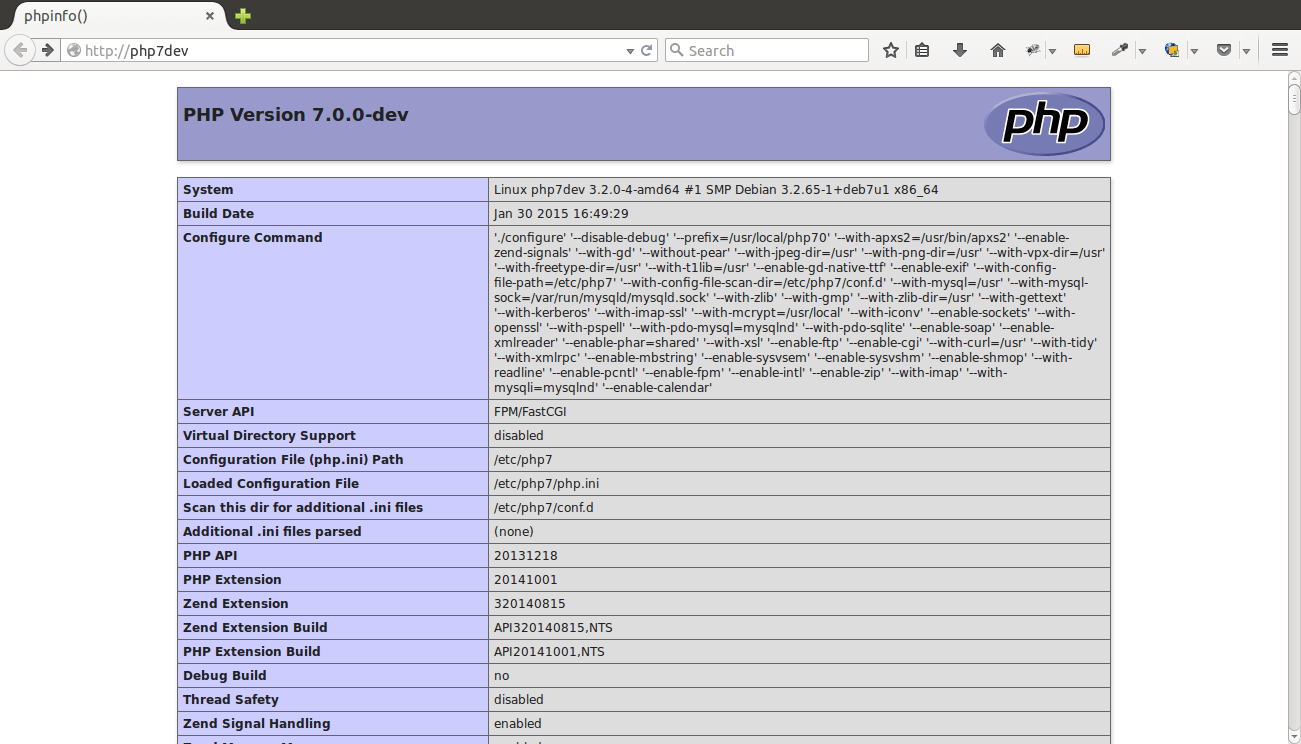
You can find more about using the php7dev in the github repository : switching between different PHP version, installing apps such as phpBB or others, adding shared folders, public networks, MySQL databases, debugging tools…etc.



